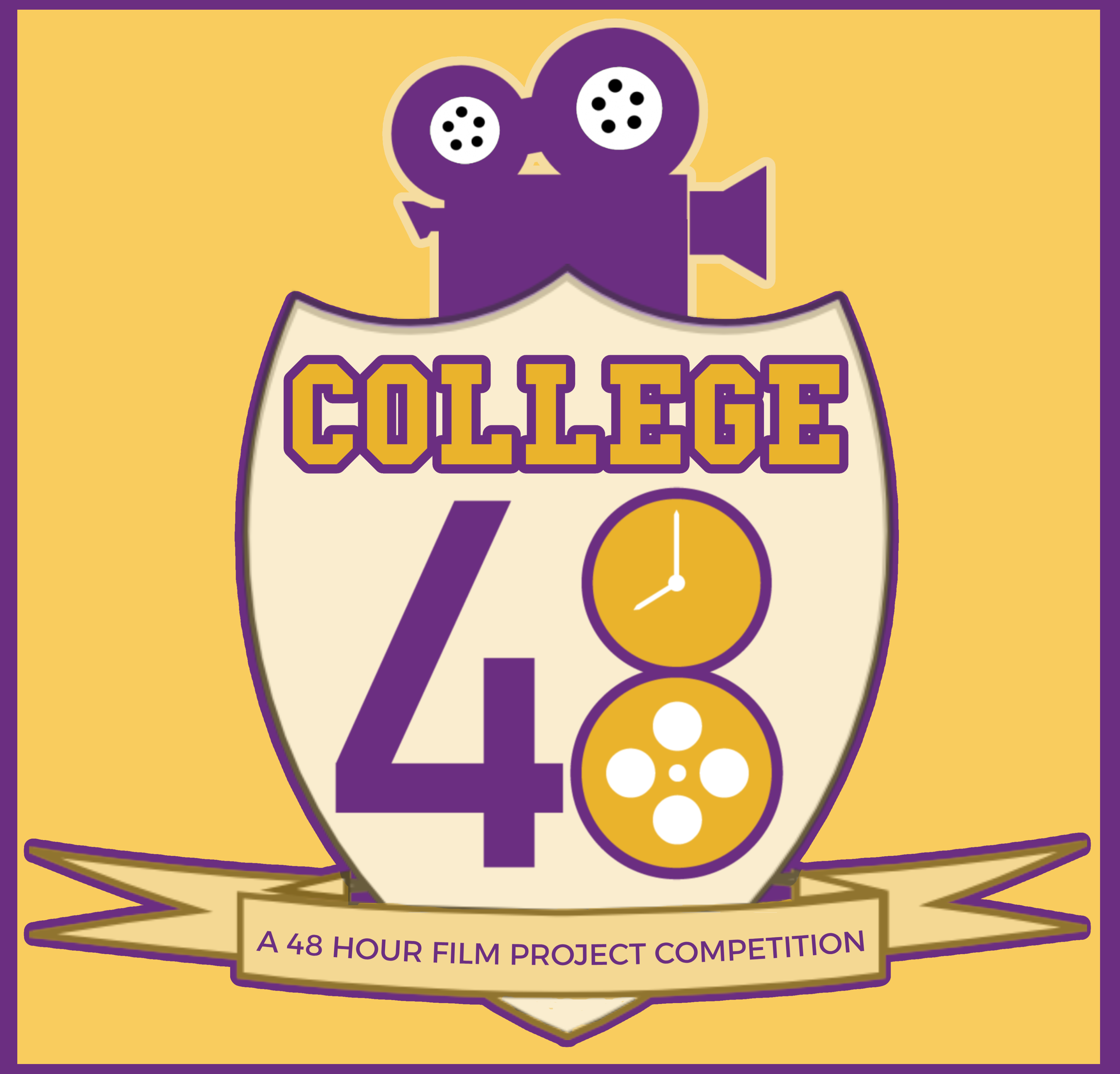New York 11
Listen to New York 11, a 48-year-old man from Queens and other areas in and around New York City, New York, United States. Click or tap the triangle-shaped play button to hear the subject.
Both as a courtesy and to comply with copyright law, please remember to credit IDEA for direct or indirect use of samples. IDEA is a free resource; please consider supporting us.
BIOGRAPHICAL INFORMATION
AGE: 48
DATE OF BIRTH (DD/MM/YYYY): 1954
PLACE OF BIRTH: New York City (Brooklyn)
GENDER: male
ETHNICITY: Caucasian (Italian-American)
OCCUPATION: executive in fashion/retail industry
EDUCATION: university
AREA(S) OF RESIDENCE OUTSIDE REPRESENTATIVE REGION FOR LONGER THAN SIX MONTHS:
The subject has lived in the New York metropolitan area all his life.
OTHER INFLUENCES ON SPEECH: N/A
The text used in our recordings of scripted speech can be found by clicking here.
RECORDED BY: Daydrie Hague
DATE OF RECORDING (DD/MM/YYYY): 06/2002
PHONETIC TRANSCRIPTION OF SCRIPTED SPEECH: N/A
TRANSCRIBED BY: N/A
DATE OF TRANSCRIPTION (DD/MM/YYYY): N/A
ORTHOGRAPHIC TRANSCRIPTION OF UNSCRIPTED SPEECH:
I was born in Brooklyn, New York. Um, didn’t live very long in Brooklyn, left after probably my fifth birthday, and then we went out to Queens, where I started my education in Rosedale, Queens. Went to school there till I was about in the ninth grade, and then made the migration to Long Island, to get away from the inner city. But anyway, I’ve lived my whole life in New York. I work in the city. I’ve always worked in New York. Um, my profession kind of leads me to wo-; school was fun. I liked school. I liked going to college particularly. I think I finally got to a place where I could actually say I was learning something and not just repeating things that were told to me. And I enjoyed that immensely, and I had the opportunity to travel abroad for one year, which was very good. And I went to France and studied there. And being of an Italian background, being in the south of France was like being home, and that was my first time to go to Italy, also. Which was a real eye-opener, because what I thought was Italian, I soon found out was really Italian-American and had nothing to do with Italy. When I graduated from university, I went back to live in Florence, which was the best year I probably have had thus far. And, in that it was the culmination of so many years of study and seeing art in books, and seeing places in books, and reading about historical events, and then actually having the good fortune to be walking on the streets where Dante walked or where Michelangelo walked, it was quite an experience, and one that I will always remember. So, let me share with you a little Christmas Eve memory I have. Um, hen we lived in Rosedale, my — we lived in a very small house, and my mother would prepare a traditional Italian meal. And a traditional Italian meal was: anything that swam got cooked. So you would have about fifteen different kinds of dead fish on the table, looking up at you, some of them with their heads intact. And of course we would devour them, because we were just, you know, Italian, and that’s what we did. But one year stands out in my mind because my father’s brother, Jimmy — which is a very odd name to have if you’re an Italian to begin with (James is not exactly ringing true to any Italian) but — he came over with his family, and my mother made one of her traditional meals, and I was, you know, helping her. My mother only had two sons, so of course the older one got to be the kitchen steward, and that’s what I did. The kitchen was all of two feet away from where the table was, so, as I said, it was a small house. But my uncle was sitting at the head of the table, which would be the place of honor, in his white shirt, which he always wore and never took off, and he had the little pen pocket protector with his pens in it, and, you know, crew-cut, and glasses. Kind of like a Barry Goldwater guy. He’s sitting at the head of the table, and my mother’s dishing out the linguine, which is dry and then she’s gonna top it with this amazing sauce that has every kind of: squid and clams and mussels and lobster and every kind of shellfish imaginable, things that I don’t even remember eating. But anyway, I was offering him the dish and, as I was offering him the dish, the dish stopped, but the pasta became airborne and it just slid out of the dish because it had been liquefied by the sauce, and it just went flying all over him, completely; his head, his glasses, and his pen pocket protector, which now became a receptacle for squid, and clams dangling out of the edge of it. And of course, I looked up and thought that I was going to be struck by lightning, but the lightning turned out to be my father, who gave me two quick noogies on the top of my head, and I collapsed under the dining room table, looking up and realizing that I had indeed been hit and I was down for the count. But, let me tell you what, that was my best Christmas Eve because I got to slap uncle Jimmy right across the face with the pasta. And that was the best ever. …
TRANSCRIBED BY: Jacqueline Baker
DATE OF TRANSCRIPTION (DD/MM/YYYY): 18/10/2007
PHONETIC TRANSCRIPTION OF UNSCRIPTED SPEECH: N/A
TRANSCRIBED BY: N/A
DATE OF TRANSCRIPTION (DD/MM/YYYY): N/A
SCHOLARLY COMMENTARY:
The speaker employs a fairly hard vocal tone and an inflection pattern that begins strongly and diminishes toward the end of the sentence. The resonant focus feels low in the mouth and forward, and while the jaw is active, the tongue tip is lax. This results in a relaxed approach to linkage and the t-d substitution in words like cidy (city). You will also hear strong r-coloring, and (shtr) for str, as in shtrong (strong).
COMMENTARY BY: Daydrie Hague
DATE OF COMMENTARY (DD/MM/YYYY): 06/2002
The archive provides:
- Recordings of accent/dialect speakers from the region you select.
- Text of the speakers’ biographical details.
- Scholarly commentary and analysis in some cases.
- In most cases, an orthographic transcription of the speakers’ unscripted speech. In a small number of cases, you will also find a narrow phonetic transcription of the sample (see Phonetic Transcriptions for a complete list). The recordings average four minutes in length and feature both the reading of one of two standard passages, and some unscripted speech. The two passages are Comma Gets a Cure (currently our standard passage) and The Rainbow Passage (used in our earliest recordings).
For instructional materials or coaching in the accents and dialects represented here, please go to Other Dialect Services.
 IDEA: International Dialects of English Archive
IDEA: International Dialects of English Archive





